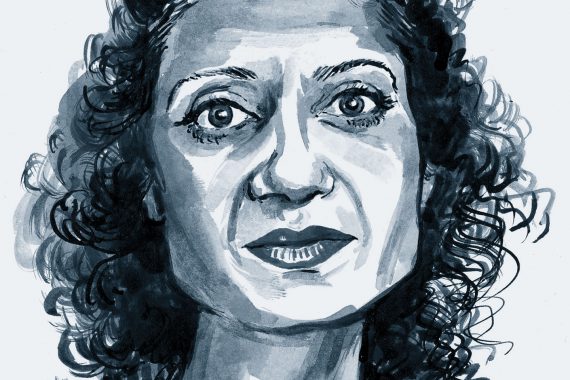I ended the week in a pretty upbeat way last Friday. I had just been informed that plans to decommission the pharmacy minor ailment scheme by our local area team had been reversed following a sustained campaign by the CCG, the LPC and me.
When I told my husband about this mini victory over dinner, he simply smiled and replied adroitly: ‘It’s like gambling. They throw you a few crumbs and let you win sometimes just so you keep coming back.’
There will never be a real victory for us
This observation triggered a rollercoaster of reflections in me – enough to swamp an entire appraisal. It made me realise how the psychology of gambling is mirrored by NHS England; both require small, sporadic gains to keep you hooked and believing that the ‘odds are ever in your favour’.
Enhanced services are a classic example of this. The extended hours DES was introduced as a cost-neutral activity, and within a few years its funding had been slashed by a third. Funding for Choose and Book was lost entirely, but it is now firmly embedded in the way we work. And the Government soon realised its miscalculation of the crumbs when outlining the QOF thresholds and quickly rectified this by setting them much higher.
It has left me with the feeling that there will never be a real victory for us. The U-turn over the minor ailment scheme is unlikely to be permanent. It is simply a strategy to gloss over the hastiness and lack of consultation by my local area team, while also giving us a false impression of control. The irony is that, while they threaten pharmacy schemes in the community, cash is being released to fund pilot schemes for pharmacists to work within GP practices. The inefficiency of this giving with one hand and taking with the other is not too dissimilar to the principles of the welfare state.
As independent contractors, these carrots have hooked us since the inception of the NHS. Like all addictions, the carrots do not appear risky at first and we think we can handle them. Soon though, the habit sets in and we cannot see beyond achieving these daily goals. We build up a tolerance over time, and don’t even notice how bad things have become – like frogs left to simmer, rather than suddenly being thrown into boiling water. As with all addicts, we are in denial of the facts around us: that there will be progressive erosion of our funding in return for more and more work. We see other practices close, but think we’ll be ok because we can handle the funding cuts. It happens to other practices but not us, because we delude ourselves that we are somehow ‘different’.
But we carry on as we are and, eventually, we will hit rock bottom. We could take the path of continuing denial, which leads to burnout. Or we could take control of our addiction and our lives and kick this habit, and we may conclude that the only way to do this is to retire, locum or emigrate and put a stop to the carrot cycle forever.
I hear Australia has some excellent rehabilitation facilities.
Dr Shaba Nabi is a GP trainer in Bristol
Pulse October survey
Take our July 2025 survey to potentially win £1.000 worth of tokens












